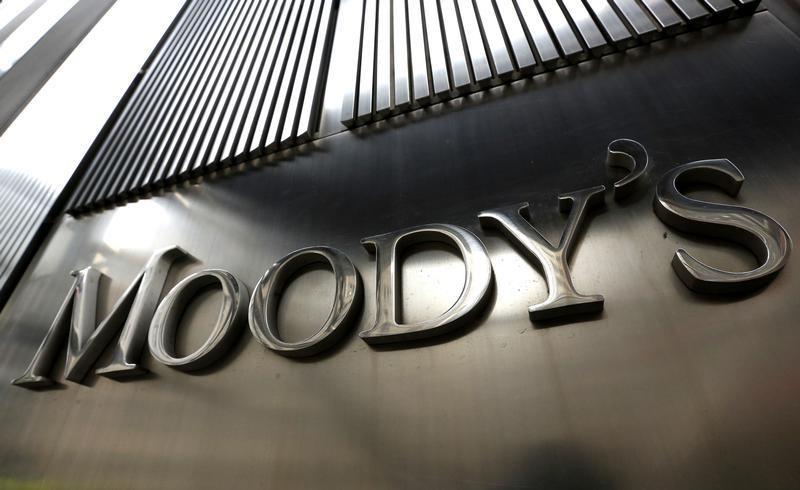KUALA LUMPUR: While the series of economic stimulus package announced by the government will support domestic demand and economic growth, the package also leaves the government with a wider fiscal deficit at least for 2020, says Moody’s Investors Service.
Moody’s said that the package would also increase the government’s fiscal consolidation challenge over the next few years, particularly given a debt burden that is already higher than similarly rated peers.
“The broadening of the coronavirus outbreak into a global pandemic, coupled with temporary but severe movement restrictions and closure of non-essential businesses within Malaysia, will sharply reduce economic growth.
“Despite the sizeable stimulus, we expect growth to slow to between 0-1.0 per cent in 2020 before rebounding to around 5.0 per cent in 2021,” it said in a research note today.
In particular, Moody’s said, the export-oriented and tourism sectors, including the electrical and electronics industry which accounts for around 30 per cent of Malaysia’s goods and services exports, will be hit hard by weak global demand, while domestic services will be constrained for as long as movement restrictions are in place.
It said the stimulus, slower growth and lower oil prices that will reduce government revenue are likely to push the fiscal deficit up to 4.0-4.5 per cent of gross domestic product (GDP) in 2020, from 3.4 per cent in 2019.
“This will result in the government debt burden rising to close to 60 per cent of GDP in 2020, above the 36 per cent median for A3-rated peers and the government’s self-imposed ceiling of 55 per cent, which applies only to its direct debt.
“Our estimate assumes that the government reallocates part of its expenditure in its initial 2020 budget, including fuel subsidies, to the economic stimulus,” it added.
Moody’s said the one-off, temporary nature of the stimulus, with only one-tenth of the package involving direct spending by the government, limits the scope for substantial and sustained fiscal slippage while providing some support for domestic demand.
However, it said Malaysia’s fiscal and credit profile remains susceptible to a sustained period of weak global demand and oil prices.
“Crucially, Malaysia’s revenue base has narrowed and its dependence on oil and gas revenue has increased over the past two years, following the abolishment of the goods and services tax,” it said.
Meanwhile, it said the Islamic finance sector, which remains under-represented in the global financial system, will continue to expand in 2020 and beyond as demand for Shariah-compliant financial instruments continues to rise.
“Islamic banking penetration in the core Islamic financial markets of the Gulf Cooperation Council (GCC), Malaysia (A3 stable), Indonesia (Baa2 stable) and Turkey (B1 negative), increased to 31.2 per cent as of September 2019, from 25.5 per cent in 2013, while annual global sukuk issuance increased to US$179 billion from US$125 billion.
“In 2020, globally, we expect that sukuk issuance will stabilise and that the takaful insurance market will see steady growth as insurance premia pick up in newly penetrated markets.
“However, downside risks are rising because of the fallout from the coronavirus outbreak, as prolonged market disruption could dissuade issuers from coming to market,” it said. -Bernama













